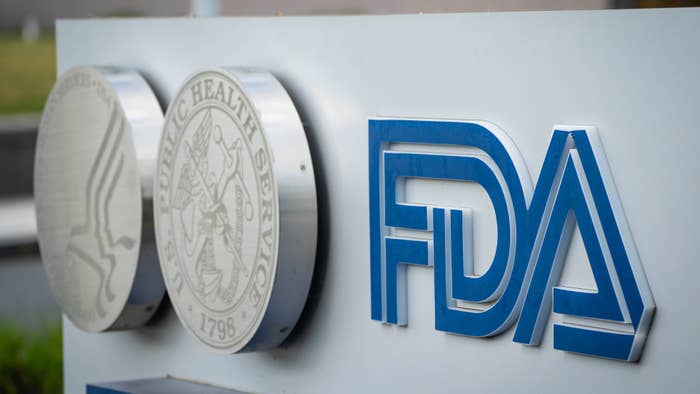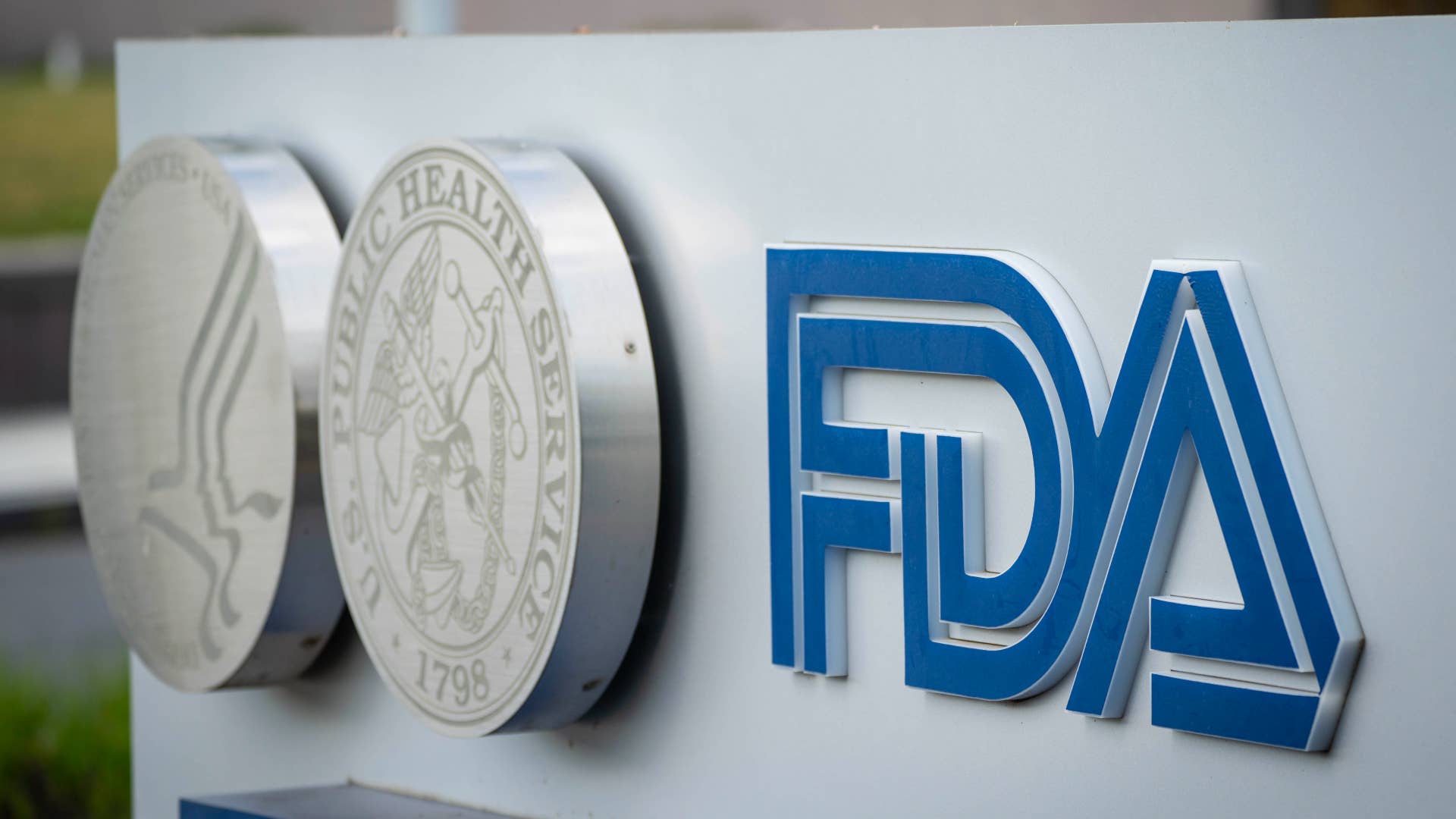
An emergency use authorization has been issued by the U.S. Food and Drug Administration (FDA) for the first COVID-19 test that uses breath samples to detect infection.
The authorization came Thursday, per a report from the Associated Press, and is of particular interest at the phase in the pandemic due to its reported swiftness at providing test results. In a statement, Dr. Jeff Shuren—who serves as the director of the agency’s Center for Devices and Radiological Health—touted the authorization as “yet another example” of the continuing innovations taking place in the field of diagnostic tests.
“The FDA continues to support the development of novel COVID-19 tests with the goal of advancing technologies that can help address the current pandemic and better position the U.S. for the next public health emergency,” Shuren added.
The InspectIR COVID-19 Breathalyzer was shown in a study to have a sensitivity of 91.2 percent, meaning that was the percentage of positive samples the test was able to correctly identify. In the same study of 2,409 participants, the study was also shown to have 99.3 percent specificity. Put another way, that means the test was demonstrated to have correctly identified 99.3 percent of negative samples.
The test is said to provide results in under three minutes and achieves detection by identifying chemical compounds in a person’s breath samples. As for the size of the associated analyzation device, it’s described as being roughly the size of “a piece of carry-on luggage.”
Current expectations are that an estimated 100 InspectIR COVID-19 Breathalyzer instruments can be produced at a weekly clip, with each said to be able to evaluate roughly 160 daily samples. With this production rate, testing capacity using the newly authorized instrument is projected to jump by 64,000 samples each month.

